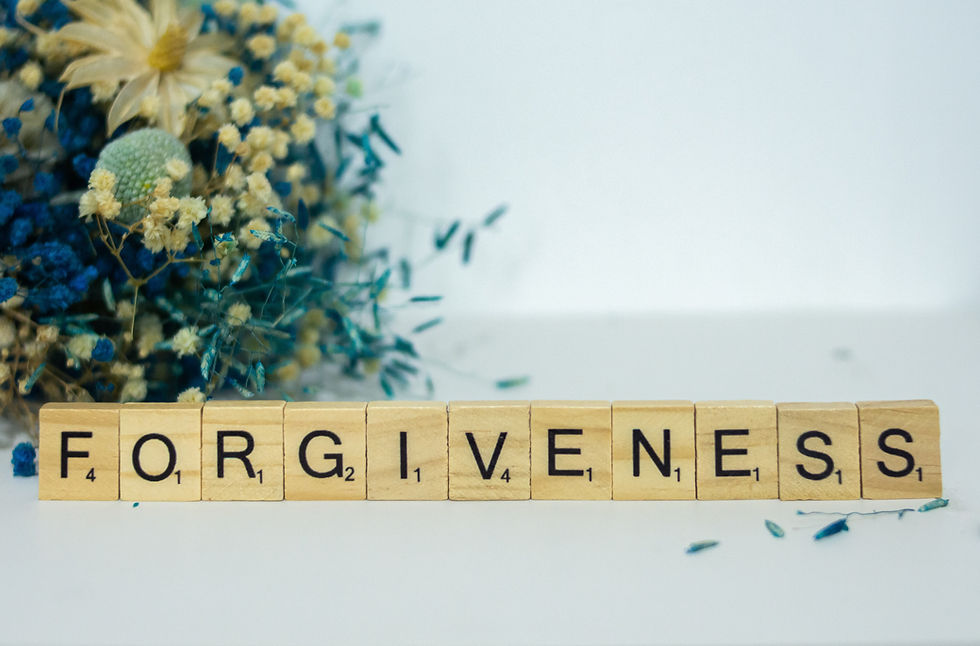Relational Aggression: Teenage girls and the struggle to find inclusion
- Robin

- Jan 11, 2024
- 2 min read
Updated: Jun 27, 2024
Relational aggression, a form of subtle and indirect aggression that often involves manipulation, exclusion, and gossip, is a prevalent issue among teenage girls. The complexities of exclusion can often be seen in the quiet withdrawal of teenage girls from their peers. So where does relational aggression come from, what is it, and how do we correct this behaviour?

WHAT IS RELATIONAL AGGRESSION?
Relational aggression is not always as overt as physical bullying; instead, it thrives in subtle tactics like spreading rumors, exclusion, or manipulating social dynamics. Among teenage girls, these behaviours can be particularly damaging, affecting both mental and emotional well-being. It's a sneaky behaviour that when looked at as an individual circumstance, may look innocent...but in a pattern of behaviour it is quite damaging.
SOCIAL DYNAMICS AND PEER PRESSURE
Teenage years are marked by a heightened sensitivity to social dynamics. Girls may feel immense pressure to conform to perceived social norms, leading to the emergence of relational aggression as a means to establish and maintain social hierarchy. There is a strange power that some feel by not only being invited to a sleepover but also knowing that someone else was left out of the invitation.
IMPACTS ON MENTAL HEALTH
Relational aggression can have severe consequences on the mental health of teenage girls. The constant fear of exclusion or being targeted can contribute to anxiety, depression, and a negative self-image. It's crucial to recognize and address these issues early on. Relational aggression can also develop in adult relationship dynamics as well.
COMMUNICATION AND EMPATHY
Promoting open communication and empathy is essential in mitigating relational aggression. Encouraging girls to express their feelings and concerns helps create a supportive environment where issues can be addressed constructively. If boundaries are consistently being run over, this group of individuals may not be your friend or your child's friend group.
RESILIENCE
Teaching teenage girls resilience is vital for navigating the challenges of relational aggression. Helping them understand that setbacks and conflicts are a part of life, and providing coping mechanisms, fosters the ability to bounce back from adversity.
ENCOURAGING LEADERSHIP AND INDIVIDUALITY
Promoting leadership skills and celebrating individuality can counteract the pressure to conform. Encourage teenage girls to pursue their passions and develop a strong sense of self, reducing the likelihood of engaging in relational aggression to fit in.
Conclusion
Relational aggression among teenage girls is a complex issue rooted in social dynamics, peer pressure, and the quest for identity. By fostering open communication, empathy, building resilience, educating on healthy relationships, and encouraging leadership and individuality, we can work towards creating an environment where teenage girls feel empowered to build positive, supportive connections. Recognizing and addressing relational aggression early on is crucial in nurturing the emotional well-being of young girls and fostering a community where everyone can thrive.





